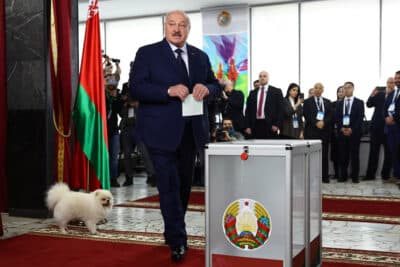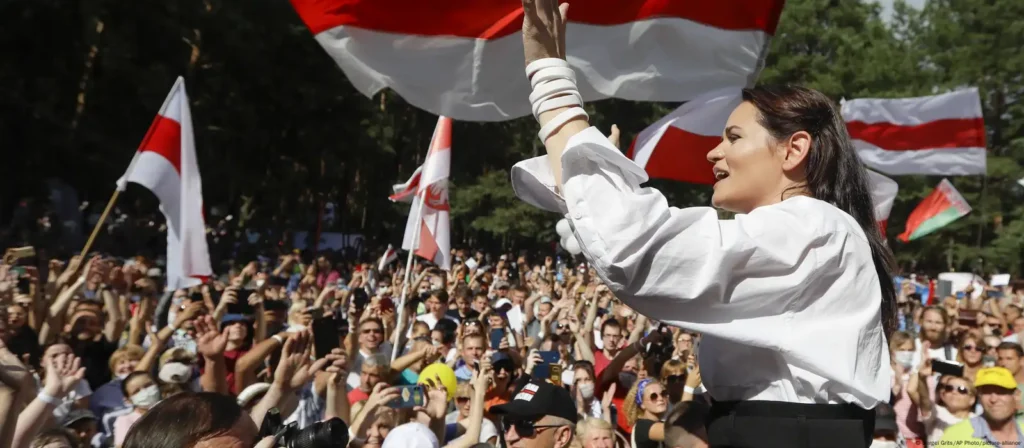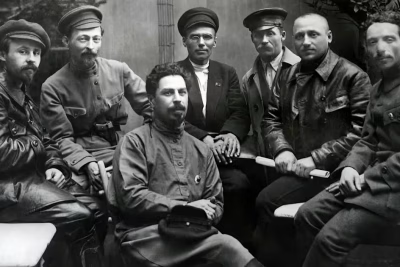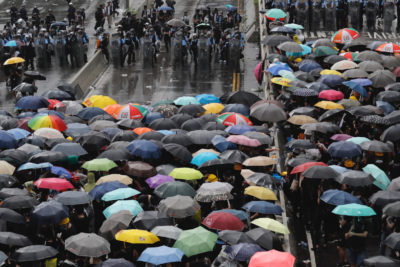
Belarusian Opposition in Exile 2025: Can They Challenge Lukashenko’s Regime?

- ✈️ The Origins of the Belarusian Opposition in Exile
- 🌍 Key Figures in the Belarusian Opposition in Exile
- 🏛️ Political Activities and International Lobbying
- 🚧 Challenges Facing the Opposition in Exile
- 📲 Media Influence and Digital Resistance
- 🔥 Impact on Belarusian Society
- 🔮 Prospects for Change in 2025
- ❓ FAQs: Belarusian Opposition in Exile 2025
In 2025, the Belarusian opposition in exile remains a vital force challenging Alexander Lukashenko’s authoritarian rule. After the brutal crackdown on protests in 2020, thousands fled Belarus, including prominent opposition leaders. Today, these exiled groups operate from hubs in Lithuania, Poland, and across Europe, maintaining pressure on the regime through diplomacy, media, and grassroots activism.
But as Lukashenko tightens his grip and Belarus drifts further into Russia’s orbit, can the opposition in exile still influence change back home?

✈️ The Origins of the Belarusian Opposition in Exile
The opposition’s forced relocation began after mass arrests and violent repression in the aftermath of the disputed 2020 presidential election.
- Sviatlana Tsikhanouskaya, widely seen as the rightful winner of the election, fled to Lithuania under threat of imprisonment.
- Political activists, journalists, and protest leaders joined her in exile, forming parallel democratic institutions abroad.
By 2025, this opposition has evolved into a structured movement, leveraging international platforms to keep Belarus in the global spotlight.
🌍 Key Figures in the Belarusian Opposition in Exile
The exiled opposition is spearheaded by a core group of leaders who have become the face of Belarusian resistance abroad:
- Sviatlana Tsikhanouskaya: Operating from Vilnius, she heads the United Transitional Cabinet, lobbying for sanctions, organizing international conferences, and advocating for democratic reforms.
- Pavel Latushko: Former diplomat leading the National Anti-Crisis Management (NAM), focusing on policy proposals for a post-Lukashenko transition.
- Franak Viačorka: Senior adviser to Tsikhanouskaya, instrumental in coordinating with tech platforms and media to bypass Belarusian state censorship.
- Nexta Media (based in Warsaw): The Telegram channel continues to be a critical source of news and protest coordination for Belarusians inside the country.
These figures keep the opposition united on the international stage despite ideological differences.
🔗 Related: Authoritarianism in Belarus: How Lukashenko’s Regime Controls Power in 2025
🏛️ Political Activities and International Lobbying
In 2025, the Belarusian opposition in exile has transformed into a diplomatic and advocacy powerhouse:
- Engaging Western governments: Regular meetings with EU officials, U.S. State Department representatives, and international NGOs push for continued sanctions against the regime.
- Coordinating diaspora networks: Belarusian communities in Poland, Germany, and the Baltics organize protests and fundraising campaigns.
- Promoting accountability: They push for investigations into human rights violations and lobby for prosecutions under universal jurisdiction laws.
For instance, in early 2025, Tsikhanouskaya addressed the European Parliament, urging a renewal of targeted sanctions on state-owned enterprises funding repression.
🚧 Challenges Facing the Opposition in Exile
Despite these efforts, significant obstacles remain:
- Internal divisions: Disagreements over strategy—whether to prioritize international diplomacy or clandestine support for activists inside Belarus—have created rifts.
- Disconnection from domestic realities: Internet censorship and surveillance limit communication between exiles and ordinary citizens in Belarus.
- Fatigue in the West: With global attention shifting to Ukraine and other crises, sustaining Western engagement is increasingly difficult.
Additionally, Lukashenko’s regime brands exiled leaders as "foreign agents," using state propaganda to discredit them domestically.
🔗 Read more: Political Prisoners in Belarus 2025: Voices Silenced by the Regime
📲 Media Influence and Digital Resistance
The opposition leverages social media and encrypted platforms to maintain influence:
- Nexta and Belsat: Telegram channels bypass censorship to provide independent news to millions of Belarusians.
- Cyber-partisan groups: Hacktivist cells linked to the opposition have disrupted state propaganda sites and leaked regime documents.
- VPN campaigns: NGOs distribute VPN access and digital security tools to citizens inside Belarus.
These digital tactics help sustain morale and counter regime propaganda, even under tight surveillance.
🔥 Impact on Belarusian Society
While protests inside Belarus have dwindled due to harsh repression, the opposition in exile remains a symbolic rallying point.
- Underground activists inspired by exiled leaders continue small acts of defiance: graffiti, flash protests, and leaflet distribution.
- Diaspora-led initiatives, such as scholarships for Belarusian students abroad, keep national identity alive.
- The opposition’s visibility in Western media ensures that Lukashenko’s regime cannot escape scrutiny.
🔮 Prospects for Change in 2025
Experts are divided on the opposition’s real impact:
- Optimists believe that sustained sanctions and diplomatic isolation will eventually weaken Lukashenko’s regime, especially if Russia’s support falters.
- Skeptics argue that without a strong internal resistance, exiled leaders risk becoming "political exiles without a country."
Nonetheless, with over 1,500 political prisoners still jailed in Belarus and civil society crushed, the exiled opposition represents the only organized democratic alternative.
❓ FAQs: Belarusian Opposition in Exile 2025
Q1: Who leads the Belarusian opposition in exile in 2025?
Sviatlana Tsikhanouskaya remains the main leader, alongside figures like Pavel Latushko and Franak Viačorka.
Q2: Where is the Belarusian opposition based?
Primarily in Lithuania and Poland, with networks across Europe and North America.
Q3: How does the opposition operate from abroad?
Through lobbying, media campaigns, digital activism, and organizing diaspora-led protests and aid initiatives.
Q4: Can exiled leaders influence politics inside Belarus?
Yes, indirectly—by shaping international policy, sustaining sanctions, and supporting underground activists.
Q5: What are the biggest challenges for the opposition?
Maintaining unity, overcoming communication barriers with Belarusians at home, and keeping international attention focused on Belarus.





